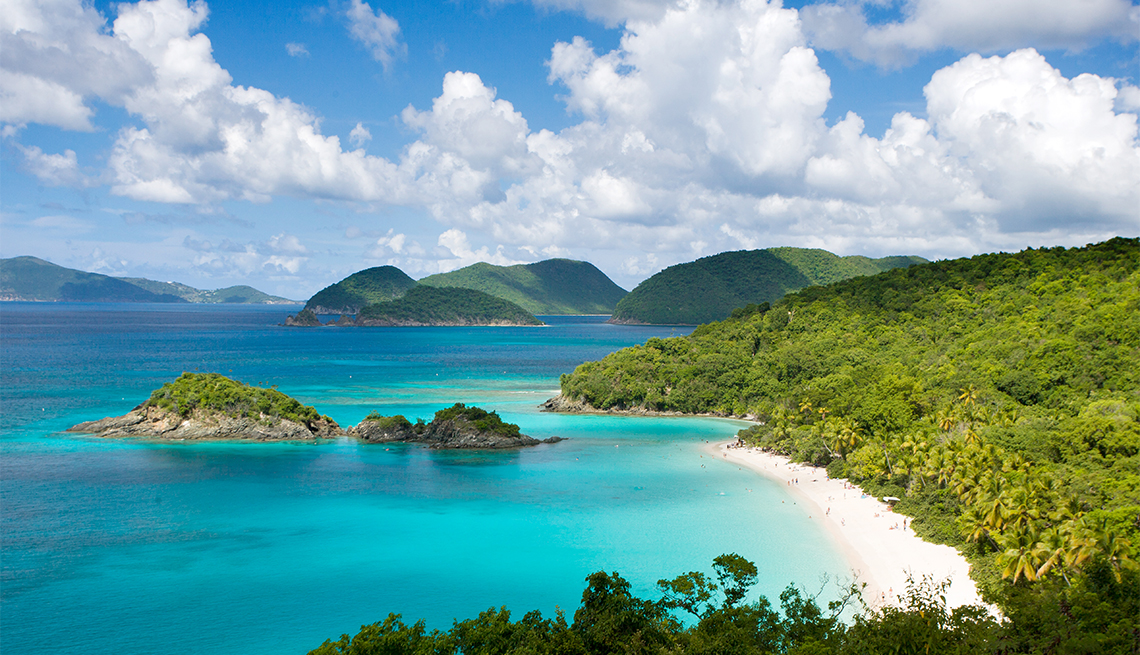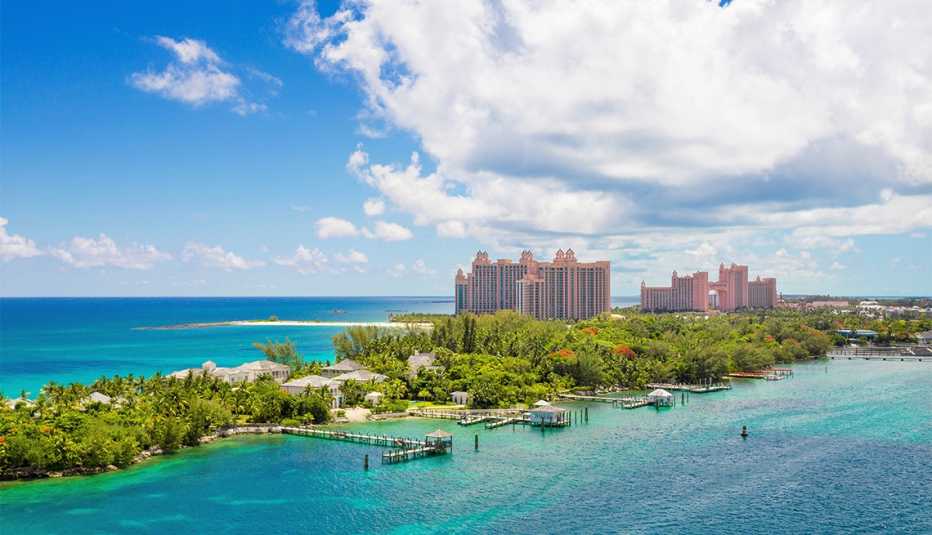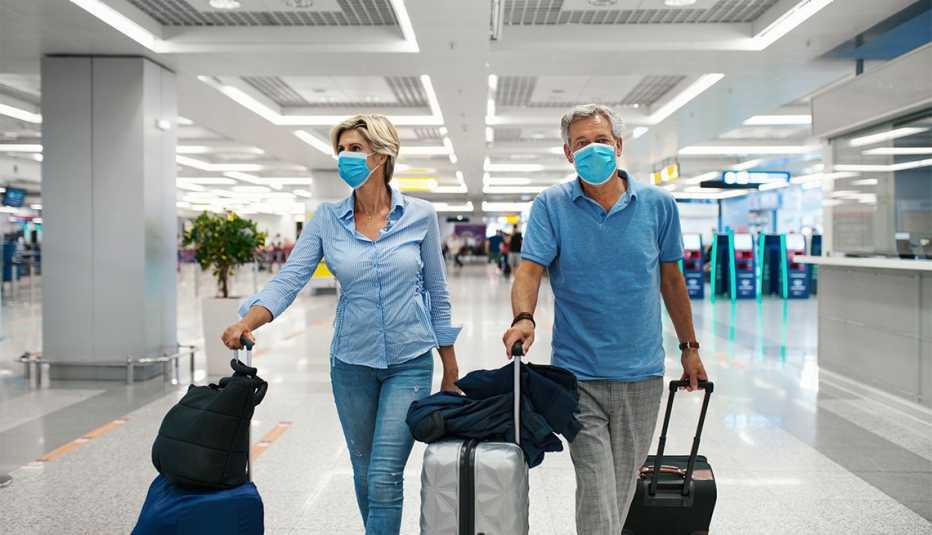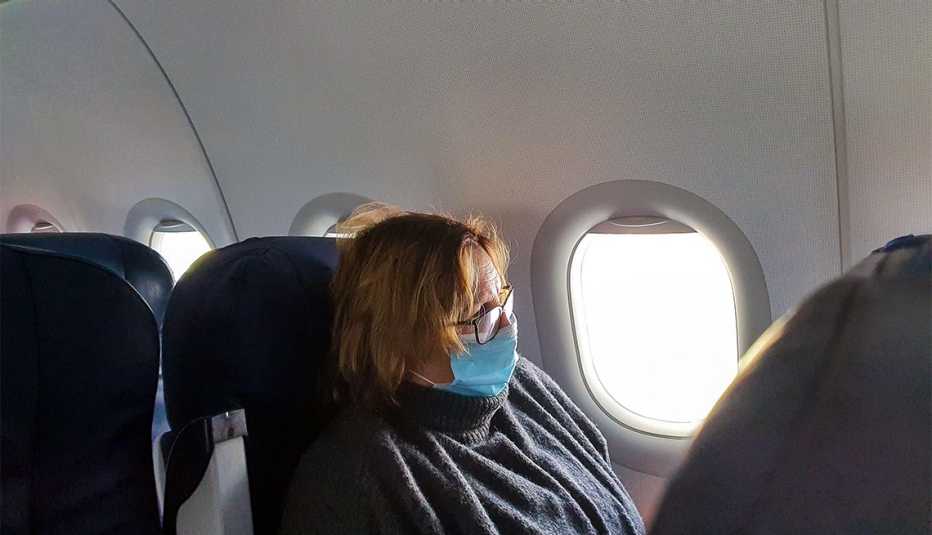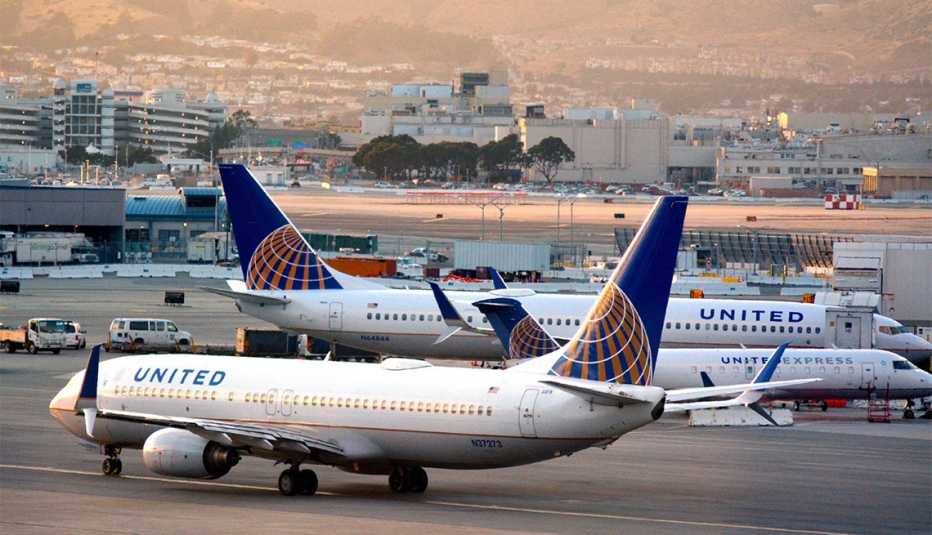Barbados
Americans traveling to Barbados must go online and submit the results of a negative PCR test that was taken no more than 72 hours before arrival, as well as complete an online Immigration and Customs form. Upon arrival, according to the Barbados Tourism site, “All incoming persons must undergo a health assessment which may include a temperature check and a brief interview by Port Health personnel.” You should also bring a copy of your test results to show. Guests must remain at their approved hotel, resort or rental establishment until a second test is taken, four to five days after the first one. With a negative result (typically received within 24 hours), travelers are free to explore the island.
Dominican Republic
Travelers to the DR do not need to take a COVID-19 test before arrival. Only those showing symptoms and a random sample of fewer than 10 percent of arriving guests will be subject to a breath test for the coronavirus. Everyone, however, may be subject to a temperature check. The government requires visitors to sign a Traveler's Health Affidavit declaring that they have not experienced any COVID symptoms in the past 72 hours; it is providing free travel assistance insurance through the end of the year to cover emergency treatment for tourists staying at hotels only.
Grenada
This small island country has reported 28 cases of, and no deaths from, the coronavirus. American visitors must go online and enter pretravel information (including acceptance of the Waiver of Liability Agreement) and upload negative results from PCR tests taken within seven days of arrival, as well as provide proof of reservations and payment for at least five nights at an approved “Pure Safe” accommodation (there's a long list, including many villas, resorts and hotels). Once in Grenada, tourists must quarantine at their chosen location. On day 4, they may take another COVID-19 test. If the results are negative, they may travel across the island.
Jamaica
Before heading to the island, travelers must go online and submit negative results of a PCR or antigen test taken at a certified laboratory within 10 days of their scheduled arrival. A health screening upon arrival may require an additional test and quarantine of up to 48 hours while awaiting the results. Visitors are restricted to travel within its two “resilient corridors” covering the north and southwest coasts. Starting in late November, Jamaica will require health insurance that covers a traveler contracting COVID-19; the roughly $40 fee will be bundled into the required Travel Authorization application.
Puerto Rico
Visitors to Puerto Rico must either quarantine for 14 days (or the length of their stay, if less than two weeks) or show a negative COVID-19 test taken at an approved testing site within 72 hours of arrival. They must also complete an online Travel Declaration form.
St. Kitts and Nevis reopened to visitors on Oct. 31. Tourists must submit negative results from a PCR test taken within 72 hours of their scheduled arrival and complete an entry form online. The form will be reviewed for approval. Arriving guests will have their temperatures taken and, for the first week, must stay on the grounds of their hotel; they may also need to download a COVID-19 tracing app. Anyone staying long enough will undergo a COVID-19 test on day 7 ($100); if the test is negative, the visitor may take select excursions. Another negative test, on day 14 ($100), will allow foreign travelers to fully explore the area.
St. Lucia
Wildroze/Getty Images
Saint Lucia
The State Department gives Saint Lucia, which has been open since June, one of its best ratings: level 2 ("Exercise increased caution"). Visitors must provide negative results from a PCR test taken no more than seven days before their arrival and must submit a travel registration form no less than three days before traveling. Guests are restricted to COVID-19 certified hotels and attractions for stays, activities, tours and excursions (listed online). After 14 days, they are permitted to visit beaches and fully explore the island.
U.S. Virgin Islands
This no-passport (for U.S. citizens) destination requires a negative result from a COVID-19 test taken no more than five days before travel; it should be submitted through the USVI Travel Screening Portal. Without the test, visitors will need to self-quarantine for 14 days.
Quarantines upon your return
Some states require or suggest 14-day quarantines for visitors or residents returning from certain states and territories or from international destinations. New Jersey, for one, currently has Puerto Rico on its 14-day quarantine list but not the U.S. Virgin Islands. (See our story on state quarantine rules for travelers.)
Many states don't explicitly list Caribbean islands on their quarantine lists, but the CDC recommends that Americans take safety precautions upon returning from any type of travel. These include stayig at least 6 feet from those not in your household, wearing a mask, washing or sanitizing your hands frequently, being alert for COVID-19 symptoms and taking your temperature if you feel sick.
If you have visited a destination with the CDC's level 3 Travel Health Notice, such as Aruba or the Bahamas, the agency recommends that you take extra precautions for 14 days after you return — including staying home as much as possible, avoiding people at increased risk for severe illness from COVID-19 and considering a coronavirus test.





























































